The fall of Muammar Gaddafi unleashed a torrent of weapons and fighters across the Sahara. Arms stockpiles that had been under tight control suddenly spilled into neighboring countries. Smugglers moved assault rifles, machine guns, and rocket launchers through the porous borders of Algeria, Niger, Mali, and beyond.
By The Independentist editorial desk
When former French President Nicolas Sarkozy was sentenced to five years in prison for conspiring to finance his 2007 campaign with Libyan money, it wasn’t just a French legal story. It was a moment that pulled back the curtain on a chain of events that reshaped Africa’s security and economic future.
Back in 2011, Sarkozy was one of the loudest voices pushing for military intervention in Libya. The fall of Muammar Gaddafi unleashed a torrent of weapons and fighters across the Sahara. Arms stockpiles that had been under tight control suddenly spilled into neighboring countries. Smugglers moved assault rifles, machine guns, and rocket launchers through the porous borders of Algeria, Niger, Mali, and beyond.
Former Libyan fighters, well-armed and battle-hardened, returned to their home countries. In Mali, they played a decisive role in launching the 2012 rebellion that broke the country apart. What began as a separatist revolt quickly spiraled into jihadist takeovers, coups, and a decade of instability that stretched from the Atlantic coast to the Red Sea. The fall of Gaddafi didn’t just topple a dictator; it lit a fuse that has burned through the heart of Africa for more than a decade.
France jumped into the Sahel with military operations like Serval and Barkhane. But what was meant to be a quick intervention turned into a long, costly, and unpopular war. Over time, resentment grew. One by one, African governments began to push French troops out—first Mali, then Burkina Faso, Niger, and others. France’s once-dominant presence in West Africa has faded, replaced by new regional alliances and outside powers who see a strategic opening.
The economic cost of this arms flood has been devastating. Violence has disrupted mining operations, pushed investors away, driven up transportation and insurance costs, and forced governments to divert money from development to endless security spending. Every year, the cycle of instability eats into national budgets, weakens currencies, and slows growth.
For decades, France extracted Africa’s wealth under a system built during colonialism and maintained through tight political and monetary control. French companies dominated oil, uranium, and transport sectors. The CFA franc tied the economies of West and Central Africa to the French treasury, limiting their freedom to set independent economic policies. But the political mood has shifted. As French soldiers leave, African nations are rewriting the rules of engagement for foreign companies and asserting new control over their resources.
Sarkozy’s conviction adds a bitter irony to this story. Here was the man who, during a 2007 visit to Dakar, stood before African students and declared with astonishing arrogance:
“The African man has not fully entered history.”
It was a phrase that revealed the mindset behind France’s policies—paternalistic, dismissive, and rooted in a colonial worldview. He would later make similar tone-deaf remarks on other tours, lecturing Africans on “civilization” while France quietly benefited from African wealth and, in Libya’s case, prepared to topple a regime from which it had sought campaign money.
Today, the consequences of those years are landing back in Paris. The weapons that flowed after Gaddafi’s fall destabilized entire regions. The French grip on African economies is loosening. And Sarkozy, the man who once strutted across the continent with condescension, now faces the prospect of sleeping in a prison cell.
The era of unchecked French dominance in Africa is ending. The arms he helped unleash are still shaping the continent’s future—but so too is Africa’s growing determination to chart its own course.
The Independentist editorial desk













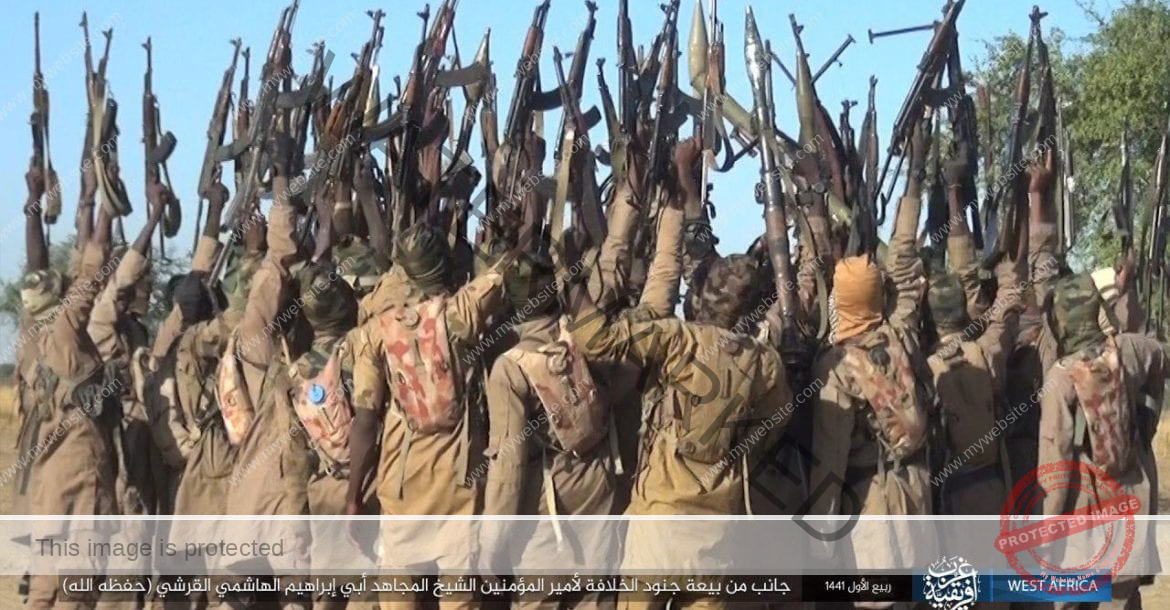
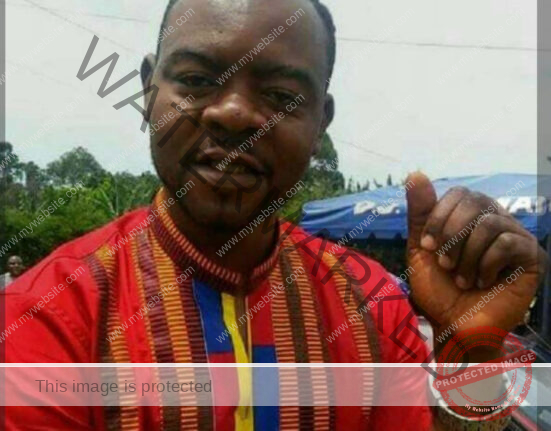
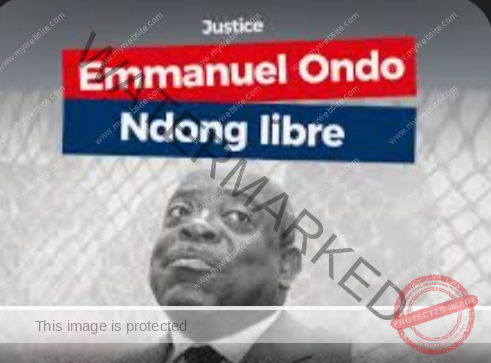

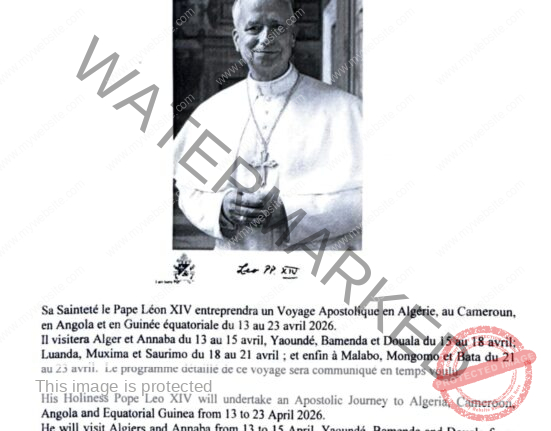
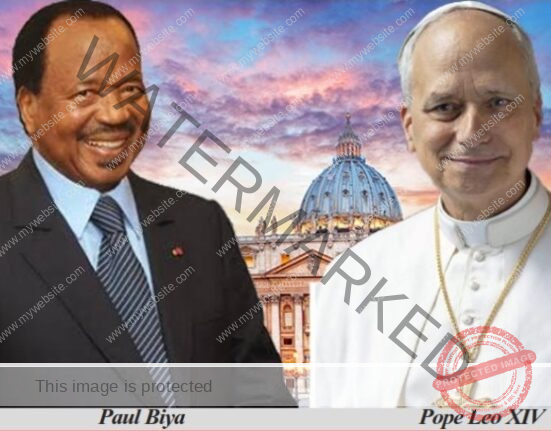


Leave feedback about this